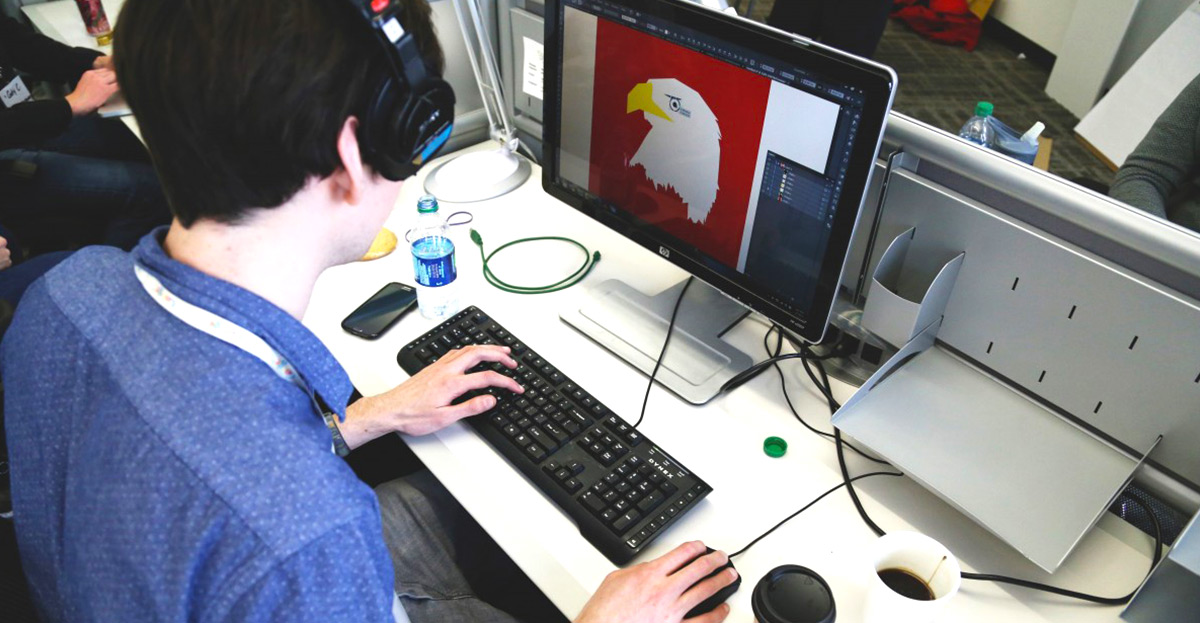35 tricks to improve positioning in Google and appear in the top positions.

1. Every time you do tests to position your website or a page , they must be invisible to search engines, so whenever you are conducting experiments or testing new indexing systems on Google.
2. You can find out how many pages Google has indexed in a given period of time by consulting: www.google.es/search?q=site:tudominio.com&as_qdr=d7/a.. Or if you do a google search by writing site:www.tudominio.com
3.Domain networks: Some time ago it was very normal to have many domains that pointed to each other or pointed to a specific domain, the so-called domain networks. Currently they are no longer effective, having many domains with junk content aimed at a domain works as long as your competitors are not taking positioning actions, in that case they will beat you. If you only do that, you will not be able to position yourself better than your competition.
4. Your company must appear in Google Locals: if you are a company, a business or an entrepreneur, you must be in Google Local, it is essential, follow up, add images, videos, comments, remember that in the local search results the map with Companies have priority, and you always go on the first page on the map.
5. Make the changes gradually, you must make small changes to certain parts of your website or specific areas, analyze in detail over time the changes produced will let you know which change affects your website negatively or positively, and therefore you will improve your techniques of positioning.
6.When writing articles that are redistributed, the most important thing is to publish it first on our website or blog, wait until it has been indexed, and then send it to others to be published, this guarantees that your article is the first and most relevant .
7. Write your titles in the form of a question: Whenever possible, it should be written in the form of a question, since this is the way a user uses to search on Google. So if it is indexed as a question and searched as a question you have more opportunities to appear in the top positions of Google

8. When programming web pages, make calls to an external file from the code, where the CSS and Javascript are placed. If the CSS and JAVASCRIPT are in external files, you improve the code, make it easier to read, and the content has less code.
9. Use Google Alerts to obtain alterations on your website, competitors and others, Google Alerts is an excellent tool for controlling your website, controlling your competition and knowing who has put you a link: the way to use it is agreando link: www.yourdomain.com to know when someone puts you a link.
10. Which is better the folders or subdomains for my website, always use folders or subfolders, unless it is essential to use a subdomain. You can lose weight of your links if you use subdomains, as they are considered separate entities from your domain.
11. You must categorize your website: select only one category for each post, define which one suits you best and select only that one. (in the case of blogs).
12. Describe your content in the URLs: take advantage of the URLs to insert keywords that describe the content of that page. Also, don't make URLs too long, since it's not convenient.
13. Do not put articles, determinants, prepositions or wild words in the URLs. You just have to insert keywords that define that page.
14. Keep your URL as short as possible: avoid making it too long, since Google may have difficulty reading it.
15. Always type your URLs in lowercase. And to separate words use the middle hyphen.
16. Canonize your domain.
17. If you must write an article very similar to another that you have already written on your website, or make an update of its content: it is best to update the version that you have already published. When updating the content, it is repositioned better, since part of an article already in force and indexed.
18. Create a structure on your website with important sections: By creating a structure on your website, you are also helping Google interpret it and know which pages are most important. (sitelinks from Google results)
19. Optimize search engine titles: without forgetting that even if you are number one in a result, your visit rate depends on how you communicate the message to the user.
20. Start optimizing for residual terms taking into account what the ultimate goal is.

21. Try to socialize by answering comments, commenting on your knowledge in blogs, communities, facebook ... and always insert if you can the link to your website.
22. Create controversy, try to be different from others, have different points of view and even refute the approach of others can mean some links in certain sectors. But you should not abuse this positioning technique.
23. Register the domain in the country for which you write.
24. Get domain links from your destination country. As a general rule it is important that they link you from their websites. (incoming links or backlinks)
25. Create a sitemap and send it to Google. You can do it through the webmaster tools that Google puts at your disposal and that will help you improve your internet positioning.
26. Use Google Analytics or system to analyze traffic. In Google Analytics you can access countless statistics that will help you improve your internet positioning, know the visits you have, their origin, which pages they consult, how long they are on your page, how they have accessed it ... all the relevant to get the first page of Google.
27. Relate your articles to each other: Make links from articles or pages to other pages of your website.
28. Cloud Tags: an excellent tool, just add the necessary tags, specific words that define the product.
29. Distribute your content via RSS. The best thing for others to check your website updates, is that they can connect using RSS news readers.
30. Full text in your RSS, this will allow you to get more inbound links from the RSS aggregation services.
31. Use STYLES (bold and italic) in the really important words or phrases taking into account the search engine and the user. Important words or phrases should be marked so that Google knows what you think is important and relevant to your website.

32. The diversity of the text of the incoming or internal links is a very important factor when optimizing for various keywords. You should not always put the same words for different links, each link must have its own keywords that depend on the landing page.
33. Send your page to Google Webmaster Central and verify the results of its analysis.
34. Describe your images with the use of the alternative text “alt”. Here you can insert relevant keywords of that image and they will help Google to know the content of the page.
35. Get inbound links (links from other pages that point to yours): Get as many links as possible, but focus on links from sites related to yours. But always relevant pages and also have a theme very similar to yours. Otherwise the link power will not be very relevant.
I hope these tricks help you improve some of the basic points you might be missing when trying to position your website among the first results of Google.

More about SEO positioning
- What is the Google Page Rank and what is it for?
- 35 SEO tricks to improve your positioning
- Ideas for writing excellent articles
- 101 search engine optimization web tricks
- Web positioning tutorial - part 1
- Web positioning tutorial - part 2
- Tips and tricks to position yourself in Google and search engines and place yourself in the top positions of Google
- 80 tips and tricks to get traffic and increase visits to your website: tricks 1 to 10
- 80 tips and tricks to get traffic and increase visits to your website: tricks 11 to 20
- 80 tips and tricks to get traffic and increase visits to your website: tricks 21 to 30
- 80 tips and tricks to get traffic and increase visits to your website: tricks 31 to 40
- 80 tips and tricks to get traffic and increase visits to your website: tricks 41 to 50
- 80 tips and tricks to get traffic and increase visits to your website: tricks 51 to 60
- Trucos posicionamiento: como posicionar una web gratis.
- The importance of accents in Google positioning. Positioning and accents. SEO and accents.
- How to make my website like search engines like Google


